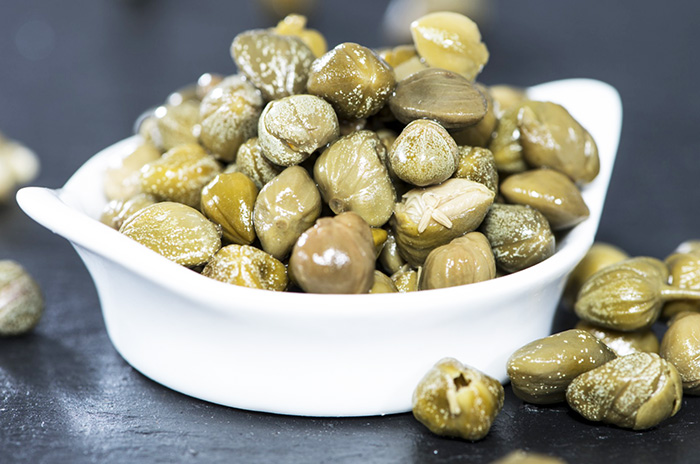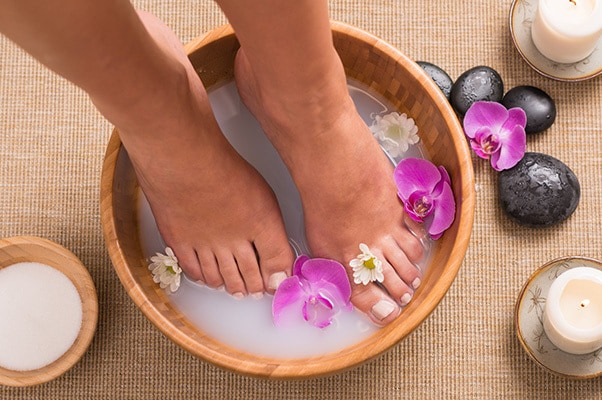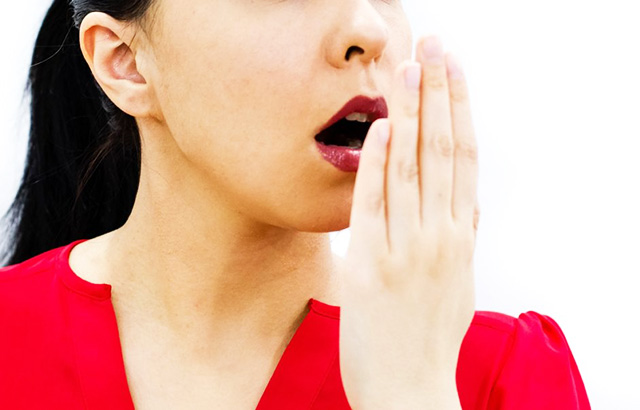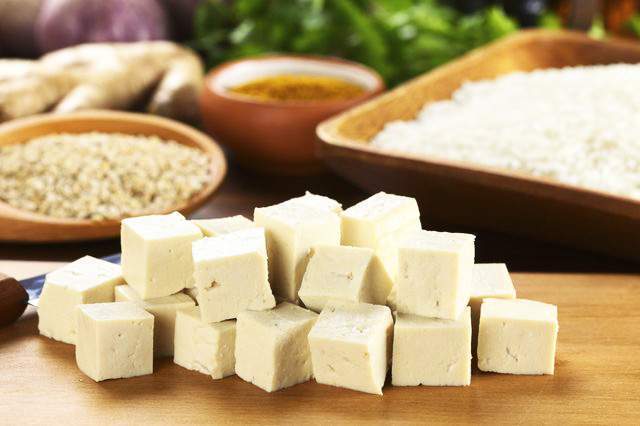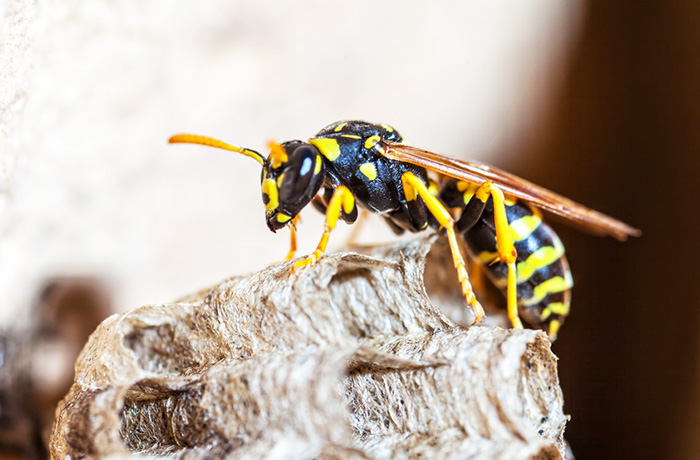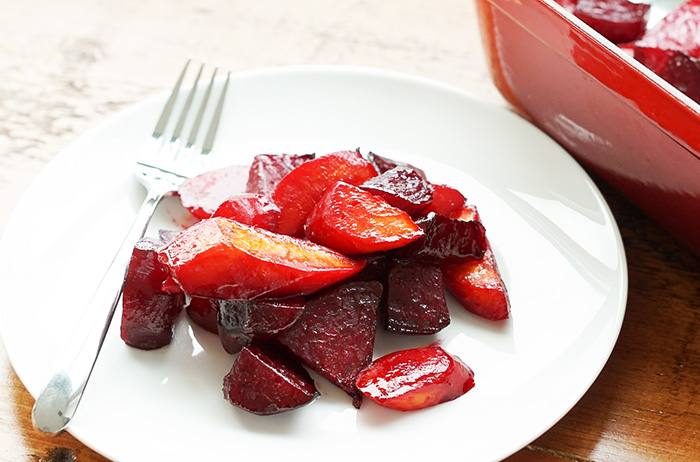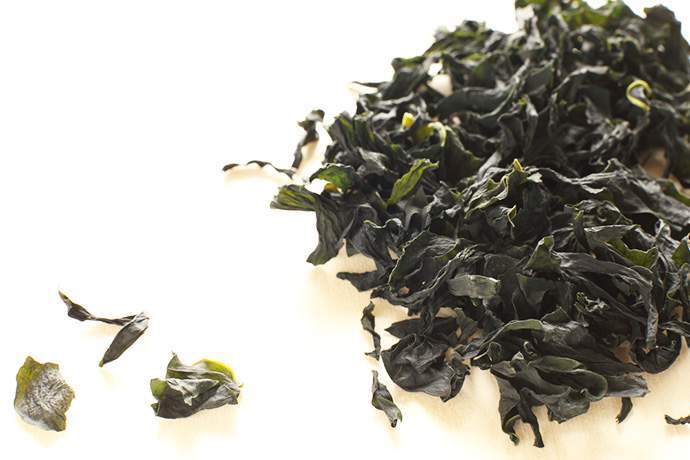Are you allergic to the venom of a wasp and you have just been stung? Then stop reading this article and get to the emergency department of the nearest hospital!
Feel free to keep on reading if you have just been stung by a wasp and you are confident that you are not allergic to its venom based on previous experiences. Below you will come across some of the things that you may do at home to reduce pain and inflammation associated with wasp stings.
Don’t forget to repost this article on your different social media sites after reading it. However, make sure that you also instruct your family and friends to immediately head to the ER if they’re allergic to wasp stings.
Apply Ice
One of the quickest ways to deal with pain and inflammation associated with wasp stings is pressing an ice cube against the trouble spot. The cold can help alleviate the stinging sensation immediately.
However, refrain from placing an ice cube directly on your skin as this can cause tissue damage. What you need to do is wrap it in a small piece of clean cloth beforehand. Experts say that you should not press the ice pack on the wasp sting for more than 30 seconds at a time to avoid possible complications.
Daub a Little Toothpaste
Believe it or not, the very same thing that you use for cleaning your mouth may also be employed for relieving wasp sting pain and swelling immediately. It’s toothpaste!
There is no need to rinse off toothpaste afterwards, unless you have to step foot outside your home and the area stung by the wasp is not covered by clothing. Keep on applying a little toothpaste for a few times throughout the day until you no longer feel any pain or observe any redness and inflammation.
Put Some ACV
ACV stands for apple cider vinegar, an excellent home remedy for so many problems concerning the skin ranging from pimples, acne to athlete’s foot. The very same sour liquid is also an effective solution for wasp stings.
Using a cotton swab, apply apple cider vinegar on the wasp sting. Keep on doing this throughout the day until there is no more trace of the sting left. Apple cider vinegar works because it has superb anti-inflammatory properties. It also helps disinfect the sting to nip bacterial activity in the bud, keeping an infection at bay.
Rub Garlic and Salt
Both garlic and salt are revered for their antimicrobial properties. And that is why the combination of these two common kitchen ingredients makes for an excellent remedy for wasp stings.
All you have to do is crush a fresh clove of garlic and then finely mince it. Add half a teaspoon of rock salt to it. Using your fingertip, apply on the area stung by a wasp. Cover with a clean piece of gauze and secure it in place using medical tape. Give garlic and salt mixture 24 hours to do their job.
Try Baking Soda Paste
One more super effective home remedy for wasp stings is paste out of baking soda. Thanks to the soothing properties of baking soda, it won’t take long before you forget that you were attacked and stung by a wasp.
In a small mixing bowl, place half a teaspoon of baking soda. Add a couple of drops of water to it and then mix very well. The goal is for you to come up with a white-colored paste. Daub the resulting paste on the wasp sting and allow to completely dry. Feel free to repeat this solution a few times a day.
Have you heard or read about other home remedies for wasp stings that are said to be effective? Kindly share them in the comments section below!
